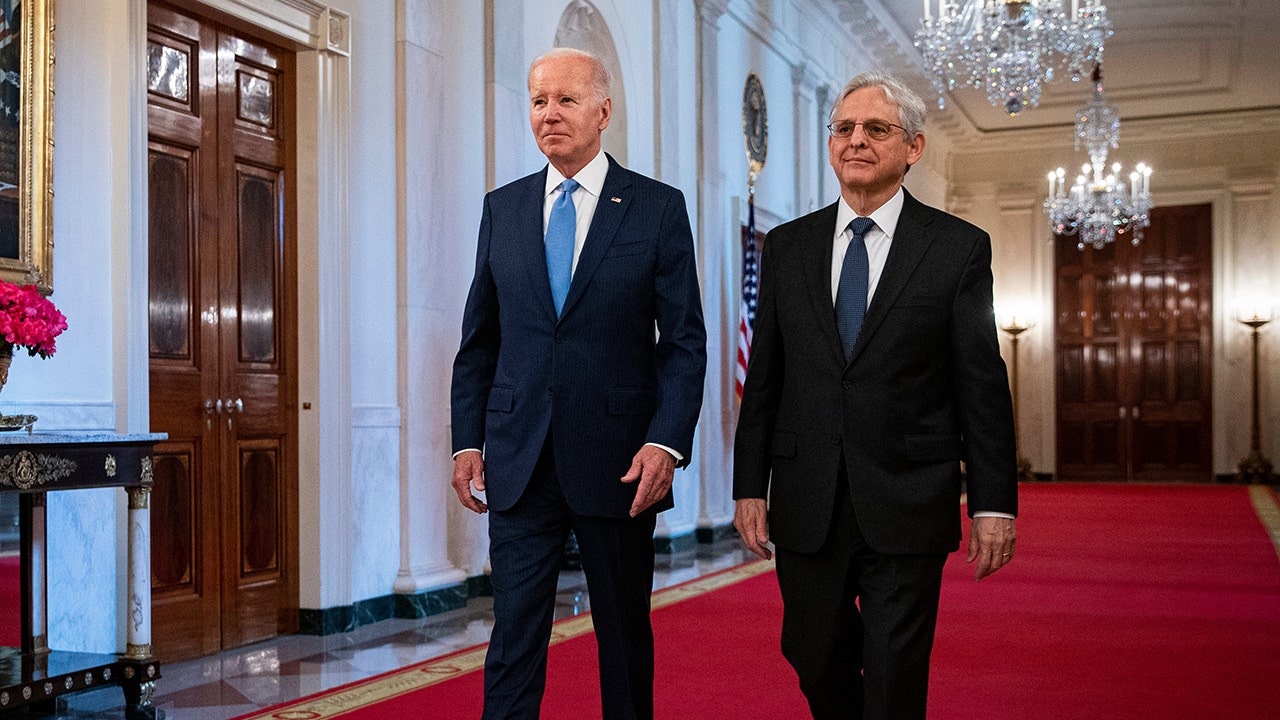DOJ racing the clock to enshrine ‘woke’ policing rules, lawyer says, as judge hears Breonna Taylor reform case

A Kentucky judge has refused to immediately sign a police reform consent decree put forth by the Justice Department and the city of Louisville. The decree, which spans 240 pages, was prompted by the tragic police-involved shooting of Breonna Taylor in 2020.
During a recent hearing, Federal Judge Benjamin Beaton expressed reluctance to simply rubber-stamp the reform plan, describing it as a rushed attempt by the Biden administration to tie the hands of President-elect Donald Trump. The Oversight Project counsel, Kyle Brosnan, highlighted that a consent decree differs from other legal agreements in that it cannot be easily reversed by a change in leadership.
Brosnan and his colleagues have criticized the proposed reforms in the decree as being overly woke and reminiscent of the standards advocated by the Black Lives Matter movement. They have raised concerns about the lack of concrete data provided by the DOJ to support claims of racial bias in Louisville policing, particularly in areas such as traffic stops, sexual assault investigations, and the use of force.
The hearing, which stretched for hours, saw repeated requests for more information and justification for the proposed reforms. The DOJ attorney, Paul Killebrew, admitted that they were withholding certain data to maintain leverage in potential future litigation. Judge Beaton has allowed until Friday for additional documents to be filed before making a final decision.
The Biden administration is racing against the clock to secure approval for the consent decree, with the impending inauguration of new officials adding urgency to the process. The attorney general nominee, Pamela Bondi, and the head of the DOJ Civil Rights Division, Harmeet Dhillon, are expected to play a crucial role in finalizing the decree.
This case is not an isolated incident, as similar police reform consent decrees are being pursued in Maryland and Minnesota. In Minneapolis, an agreement has been reached to address alleged violations of the Americans With Disabilities Act and the 14th Amendment, while in Maryland, the Department of State Police is facing accusations of Civil Rights Act violations.
The ongoing legal battles over police reform highlight the complex interplay between law enforcement, government policies, and public perception. As the Biden administration seeks to leave its mark on policing practices, the courts are being called upon to weigh the merits of these proposed reforms against the broader implications for law enforcement and community relations.




